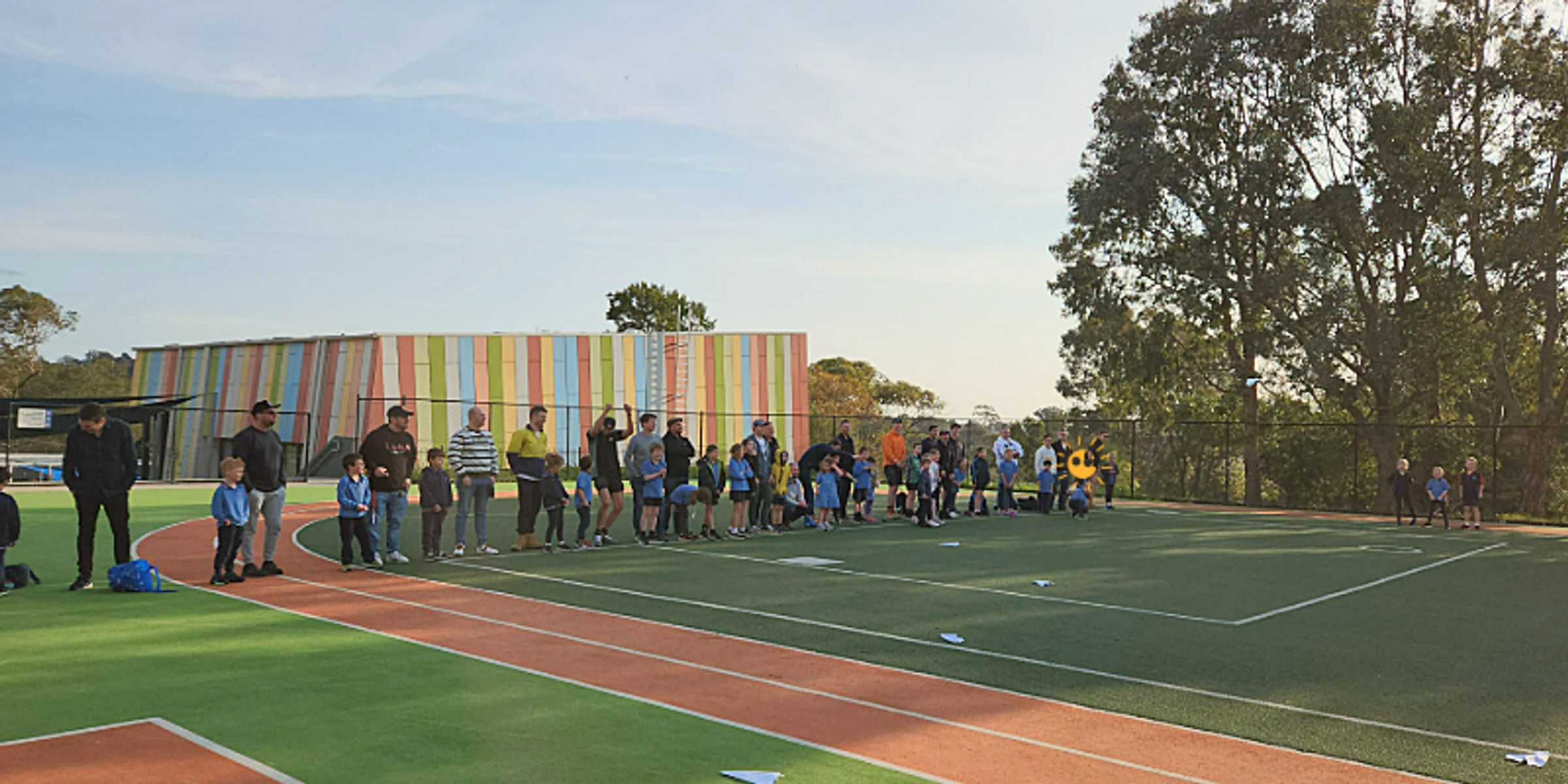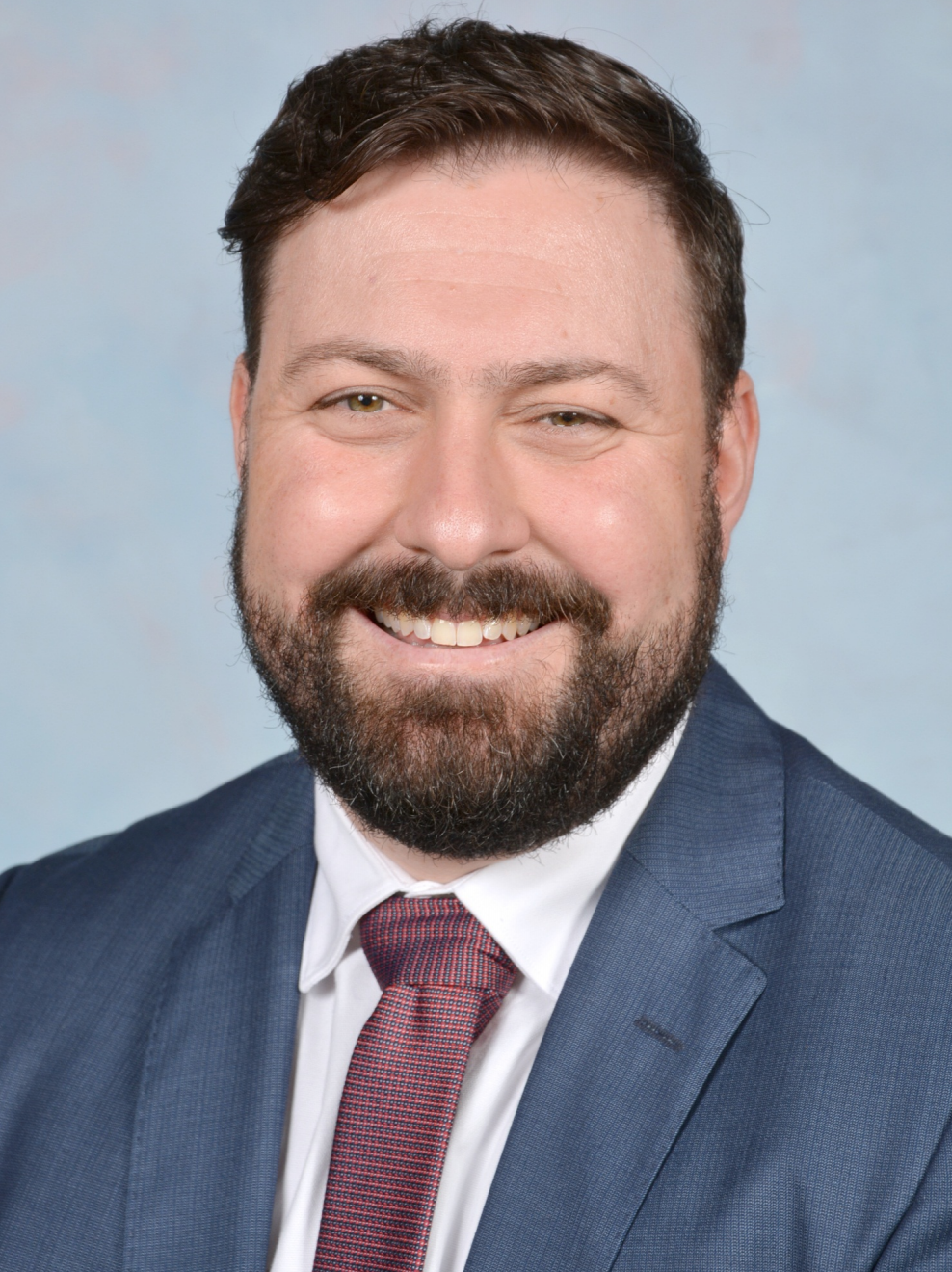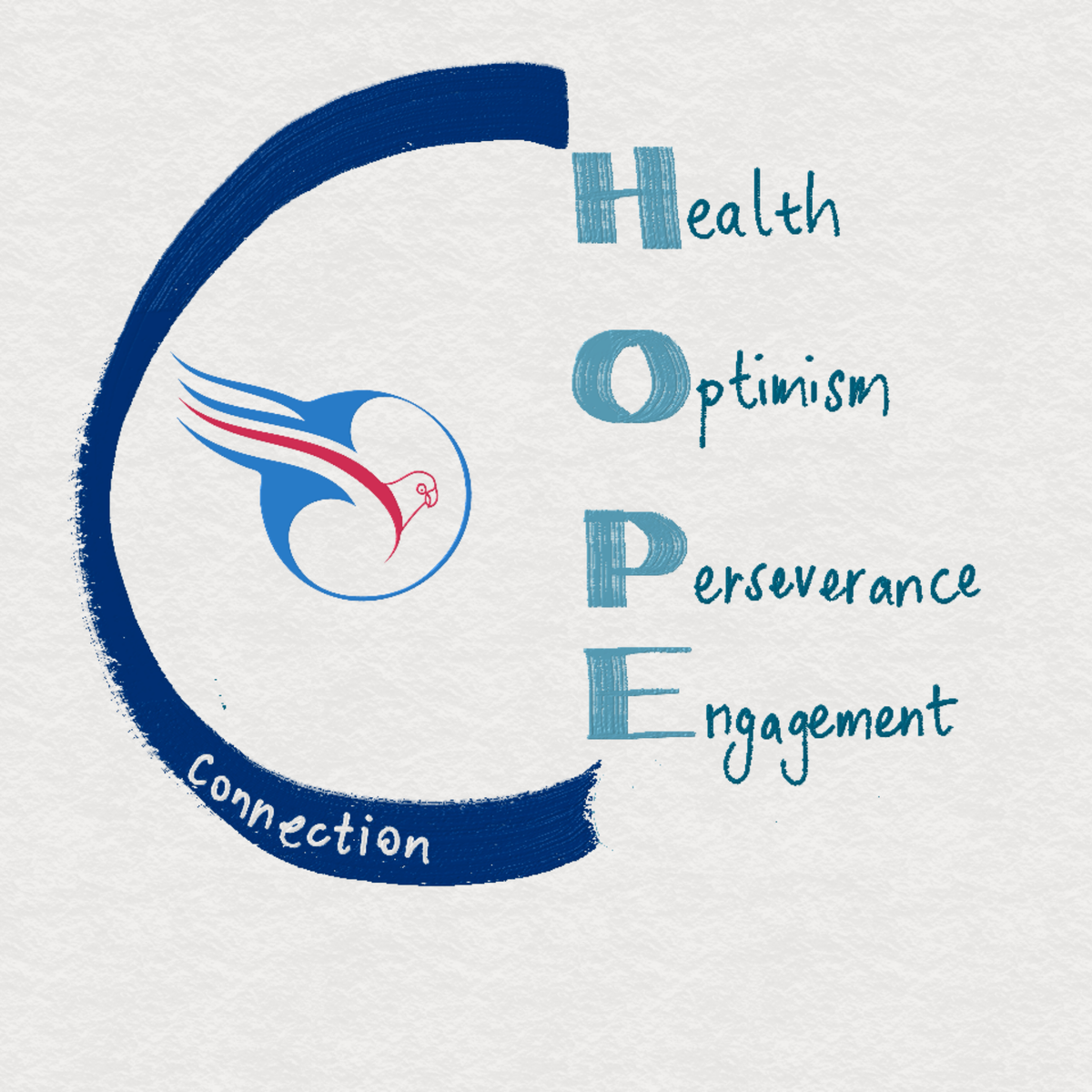From the Principal Team

In 2018, we introduced to the school the Positive Education approach (PosEd) and the various Positive Psychology elements that were being used to develop a positive school environment.
Positive Psychology is a field of science that his since become quite pervasive and its findings and champions are all around us. The 'father of Pos Psych', Martin Seligman, has since influenced many of our favourite researchers, thinkers, health experts and parenting inspiration. Think Brene Brown, Lea Waters, the Resilience Project and many more.
The original framework that was developed for Positive Psychology was the PERMA model. This model was designed to explain the components of a healthy life that contributed to positive mental health and could act as protective factors for us when we experience difficult moments.
The basis of PosPsych is not to be (or expect to be) happy at all times, but to build our personal qualities and characteristics (resilience), our habits, routines and lifestyle and our external supports and networks so that we do not fall as hard or as far when we experience significant challenges.
The PERMA model identified these critical elements as: Positive Emotions, Engagement, Relationships, Meaning, and Accomplishments. (see this article for some examples) This got adapted into a model for teenagers called EPOCH, which described wellbeing as: Engagement, Perseverance, Optimism, Connectedness and Happiness. (Peggy Kern is a great reference for exploring adolescent school belonging.)
In 2019, RNPS slightly modified the EPOCH model to be a little more user-friendly for Primary School and developed the CHOPE model: Connection (at the core of everything), Health, Optimism, Perseverance and Engagement. This model sits underneath all decision making and guides our philosophy and approach to everything we do in the school. It is not plastered on walls but is a guide for the School Improvement Team to consider how the school's structure and processes impact on wellbeing for students, staff and parents.
Yesterday (Thursday Sep 12), was a bit of a milestone for us as Jono Trend and Shannon Tibballs kicked off our first Fathers of RNPS (FoRNPS) session. It was such an amazing turnout for our first session with around 20 fathers and their children turning up and hearing about the group's aims and taking part in a very competitive Paper Plane Competition. It was yet another example of wonderful community connection and saw fathers from across a range of year levels getting to know each other and understand a little more about the school.
We hope to run many more of these sessions in the future and know that FoRNPS can develop into a core component of family connection, leading to increased engagement for students, which we know leads to better life outcomes.
Thank you to those who were able to make it on the night and for those who missed out, keep an eye open for the next gathering in Term 4.
We are aware that many families have come into the school since we first introduced PosEd and there will be many of you who are unfamiliar with the work, research and concepts involved. Over the next 18 months we hope to be able to do some refresher sessions and updates for families so that you are aware of how our School Improvement Team is working and planning for wellbeing improvements across the school and how it might apply to you and your family.
There are many great podcasts and books out there to learn more about PosPsych and PosEd, but I highly recommend anything involving Dr Laurie Santos (The Happiness Lab), Michelle McQuaid (Making Positive Psychology Work), Brene Brown (Dare to Lead), Peggy Kern and Lea Waters. There is also a small library of books at the front office from which parents are welcome to loan, too.




